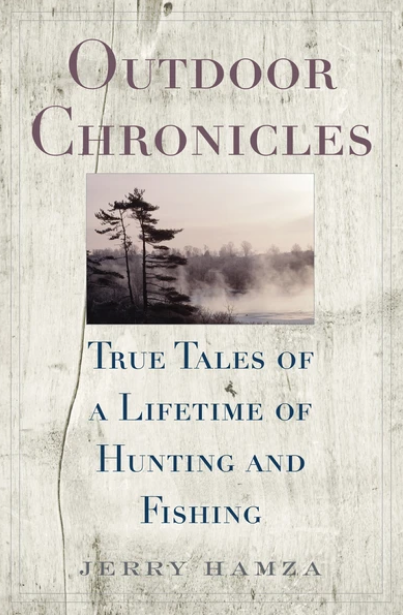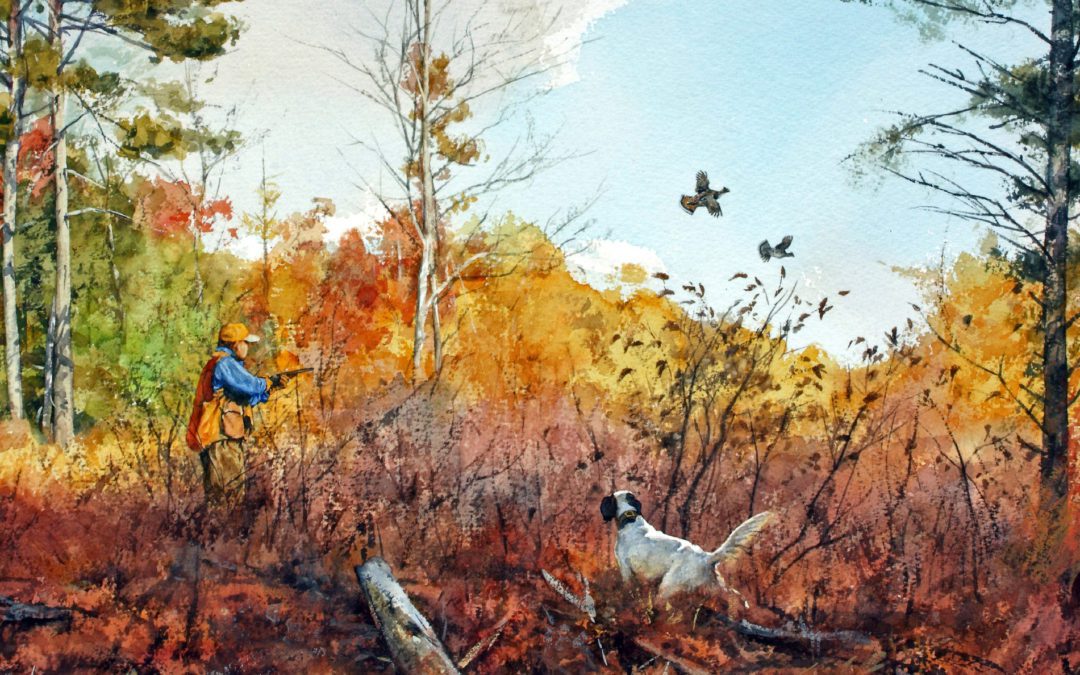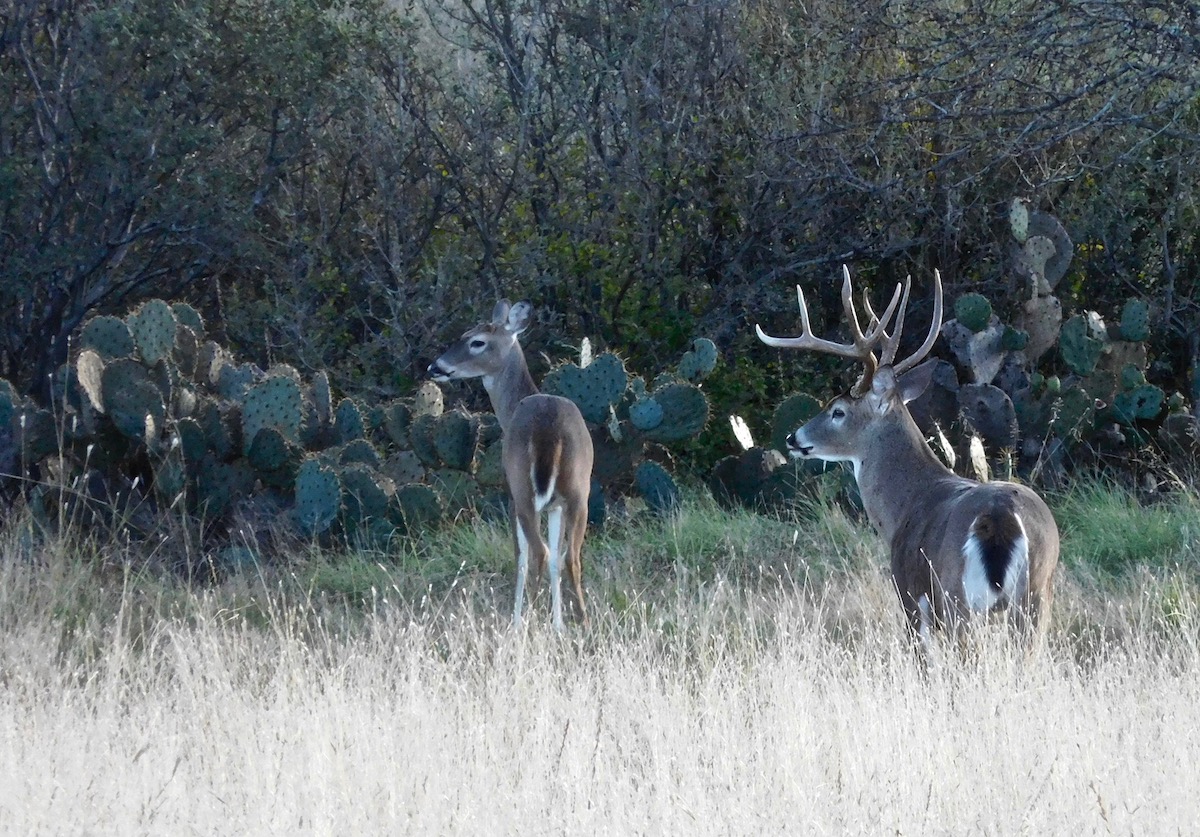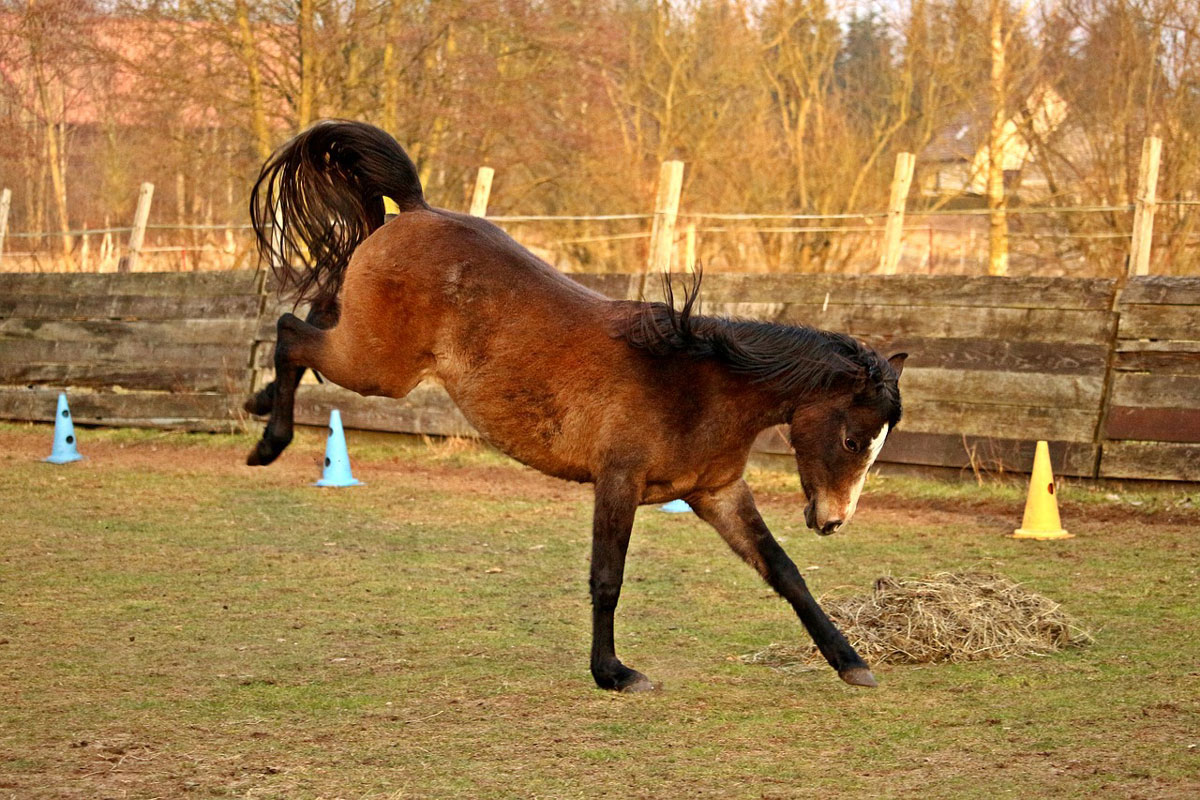The recurring theme in Timothy Murphy’s poetry is hunting and the cruel and ruthless innocence of nature, conflating the virtues of hunting with religious values.
In 1951, two recently married teachers in Hibbing, Minnesota, paid a young boy named Bobby Zimmerman ten cents an hour to push their infant son around the neighborhood in a stroller every afternoon so they could prepare the next day’s classes. It is unlikely that casual association had the slightest influence on either boy, but it is the kind of coincidence history will look back on with interest because Bobby Zimmerman grew up to become Bob Dylan, the greatest and most influential songwriter of his time, the voice of a generation, winner of the Nobel Prize, an Academy Award, 12 Grammys, a special Pulitzer Prize citation and a Presidential Medal of Freedom, among many other accolades.
The boy in the stroller grew up to become Timothy Murphy, acclaimed and prolific poet who was revered by his peers for his vivid, disciplined and expressive use of rhyme and meter.

Timothy Murphy with his book, Devotions, at his home in Fargo, North Dakota. The book was published in 2017 by North Dakota State University Press.
Murphy is unique in that he is the only poet I know of who is also a farmer, a venture capitalist, a sailor, an Eagle Scout and—most to the point here—a serious, life-long hunter. While all those influences and more—love and loss, struggles with alcohol, his loss and ultimate resurrection of faith—are reflected in his verse, it is hunting and the cruel and ruthless innocence of nature that recur over and over, conflating (in the words of his friend, poet Rhina P. Espaillat, who describes herself as a city slicker who has never held a weapon and is squeamish about blood) “the virtues of hunting with religious values.”
Razing the Woodlot
Here stands the grove our tenant plans to fell.
The homesteaders who planted this tree claim
fled North Dakota when the Dust Bowl came.
Their foursquare farmhouse is a roofless shell;
their tended shelterbelt, a den for fox
and dumpground for machinery and rocks.
The woodlot seeds its pigweed in our loam,
and windstorms topple poplars on the field;
but for a few wasted acres’ yield
we’ll spare the vixen and her cubs their home
and leave unburied these decaying beams
to teach us the temerity of dreams.
Benedict Farms
Plagued by the lack of jingle in my purse,
by Keats and Tennyson jingling in my ear,
I double-clutched to ease into reverse.
A ten-year-old showed me his new John Deere.
He taught me PTO, the fourteen gears.
Choke – wasn’t that something
you did on dates?
Not five feet tall, savvy beyond his years,
he jounced beside me through
the barbed wire gates,
Then sank the disc with a hydraulic lever
into a half-section of golden stubble.
It stretched fencerow to fencerow,
stretched forever.
“If a wheel spins, downshift,
‘cause you’re in trouble.”
For him, my height was no redeeming factor.
“You go to Yale, and you
can’t drive a tractor?”
The Expulsion
Six weeks of drought,
the corn undone
and wheat burned out
by the brazen sun:
over that land
an angel stands
with an iron brand
singeing his hands.
Ford
We’d had nearly two feet of snow
and then the gale began to blow,
gusting to thirty-five.
My charge? To carry to my mom’s, alive
and not to Hades,
two ladies in their eighties.
I never carried a heavier load.
The lone vehicles on the road
were Fords bigger than mine,
and Fords? I have owned nine,
little buggers, small SUVs
for fording streams and rounding fallen trees.
Unploughed streets were blocked by buried cars,
but it was Christmas, and my fortunate stars
carried my fragile cargo
from Moorhead clear to Fargo,
over the river and through the wood,
and round the groaning board those ladies stood.
Thank God for Ford.
 This book is a collection of outdoor stories wrapped in the human condition. They were written with an eye toward honesty and cynicism. They will make you laugh out loud, and you will want to carry them with you wherever you go. If this book goes missing, it’s a sure thing that, when you do find it, it will be in the possession of a member of your household, regardless of their interest in casting a fly. The stories cover the gamut from a fishing trip to northern Canada to a little stream that was actually better than remembered, to how the baby boomers almost trampled a sport to death, to a solitary trek along railroad tracks during a cold, dark, and dreary February and many more. Buy Now
This book is a collection of outdoor stories wrapped in the human condition. They were written with an eye toward honesty and cynicism. They will make you laugh out loud, and you will want to carry them with you wherever you go. If this book goes missing, it’s a sure thing that, when you do find it, it will be in the possession of a member of your household, regardless of their interest in casting a fly. The stories cover the gamut from a fishing trip to northern Canada to a little stream that was actually better than remembered, to how the baby boomers almost trampled a sport to death, to a solitary trek along railroad tracks during a cold, dark, and dreary February and many more. Buy Now




